Pediatric Polycystic Kidney Disease
Pediatric polycystic kidney disease. What is Pediatric Polycystic Kidney Disease PKD. These cysts cause problems that reduce the function of the kidneys and can lead to kidney failure. The severe perinatal form of autosomal recessive polycystic kidney disease maps to chromosome 6p211p12.
Polycystic kidney disease a disorder that can be diagnosed in adult and pediatric patients is an inherited disease that involves bilateral renal cysts without dysplasia. Key Points About Polycystic Kidney Disease PKD in Children Polycystic kidney disease PKD is a genetic disorder that causes the growth of numerous fluid-filled cysts in the kidneys. Polycystic Kidney Disease and Ciliary Dysfunction Polycystic kidney disease PKD is a clinically and genetically heterogeneous group of disorders with phenotypes ranging from manifestation in utero to clinically silent disease well into adulthood.
These disorders can generally be distinguished from autosomal dominant polycystic kidney disease ADPKD and autosomal recessive polycystic kidney disease ARPKD by imaging studies of their characteristic predomin. Polycystic kidney disease PKD is a rare disease in which fluid-filled cysts grow in the kidneys. Autosomal dominant polycystic kidney disease ADPKD is a genetic disorder causing the development of cysts that impede kidney function over time and eventually induce renal failure There are few data on the effects of tolvaptan the only treatment approved for adults to slow disease progression in pediatric ADPKD patients with early-stage disease What is New.
The renal disease consists of nonobstructive fusiform dilated renal collecting ducts with. Many malformation syndromes are associated with renal cysts the primary renal diseases being autosomal dominant polycystic kidney disease ADPKD autosomal recessive polycystic kidney disease ARPKD and juvenile nephronophthisis NPH. The care of ARPKD patients has traditionally been the realm of pediatric nephrologists.
These cysts can reduce kidney function leading to kidney failure. However the disease has multisystem effects and a comprehensive care strategy often requires a multidisciplinary team. Polycystic kidney disease in children.
However the disease has multisystem effects and a comprehensive care strategy often requires a multidisciplinary team. Autosomal recessive polycystic kidney disease ARPKD is an important cause of chronic kidney disease in children. Polycystic kidney disease a disorder that can be diagnosed in adult and pediatric patients is an inherited disease that involves bilateral renal cysts without dysplasia.
The condition is broadly. The condition is broadly.
Autosomal recessive polycystic kidney disease ARPKD is an important cause of chronic kidney disease in children.
These cysts cause problems that reduce the function of the kidneys and can lead to kidney failure. The severe perinatal form of autosomal recessive polycystic kidney disease maps to chromosome 6p211p12. PKD can be inherited in a dominant ADPKD and recessive ARPKD way. Autosomal recessive polycystic kidney disease ARPKD is an important cause of chronic kidney disease in children. The condition is broadly. The condition is broadly. Although children with ADPKD show normal. Autosomal Recessive Polycystic Kidney Disease ARPKD the most common ciliopathy occurring in infants and young children affects the liver and the kidney to varying degrees. Polycystic kidney disease in children.
Autosomal recessive polycystic kidney disease ARPKD is an important cause of chronic kidney disease in children. Autosomal dominant polycystic kidney disease ADPKD is the most commonly inherited kidney disease. Polycystic kidney disease a disorder that can be diagnosed in adult and pediatric patients is an inherited disease that involves bilateral renal cysts without dysplasia. The care of ARPKD patients has traditionally been the realm of pediatric nephrologists. These disorders can generally be distinguished from autosomal dominant polycystic kidney disease ADPKD and autosomal recessive polycystic kidney disease ARPKD by imaging studies of their characteristic predomin. The severe perinatal form of autosomal recessive polycystic kidney disease maps to chromosome 6p211p12. The renal disease consists of nonobstructive fusiform dilated renal collecting ducts with.
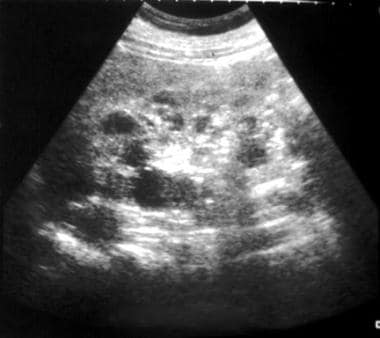
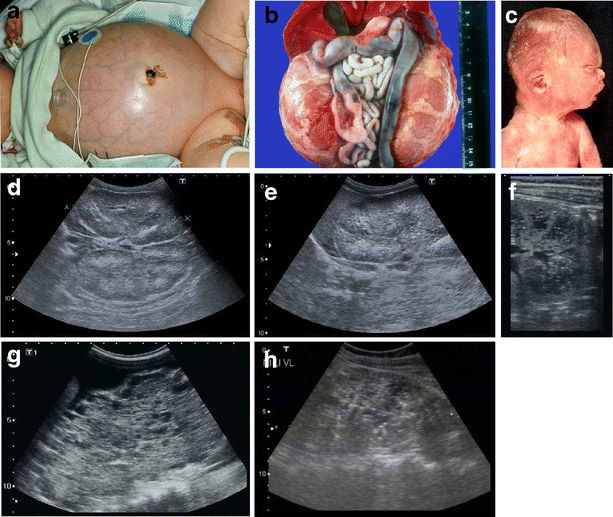

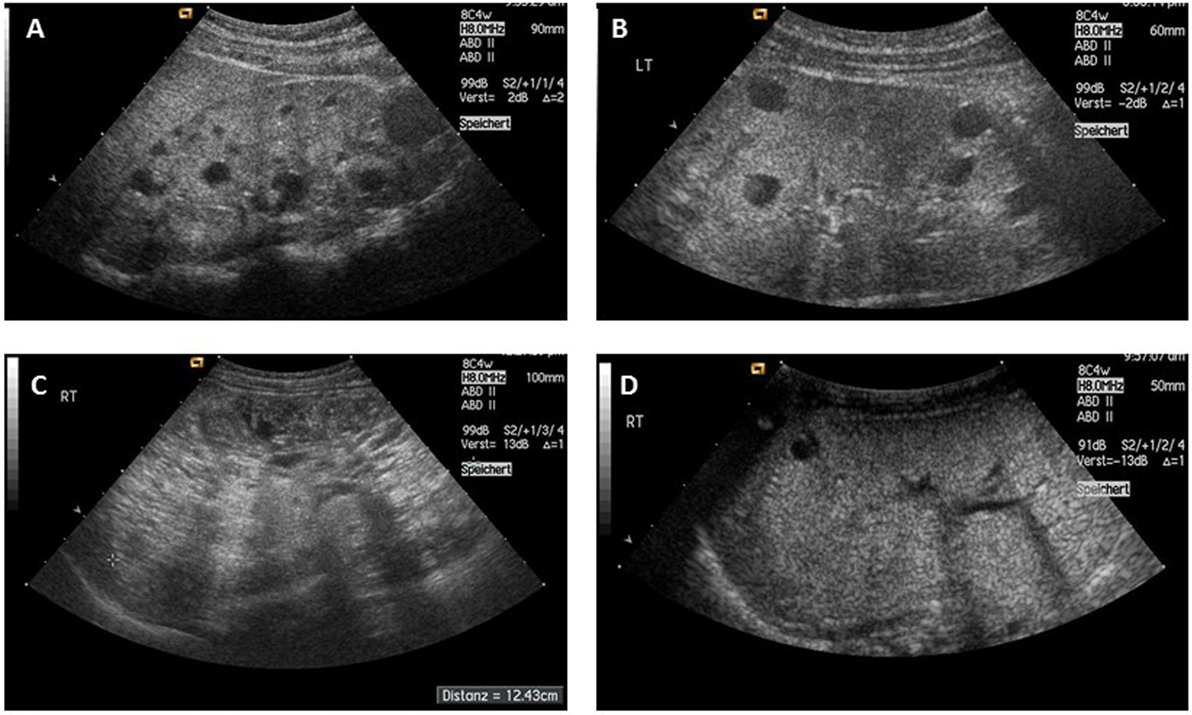
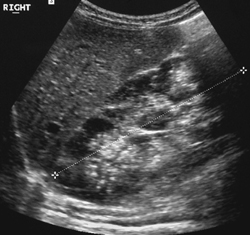
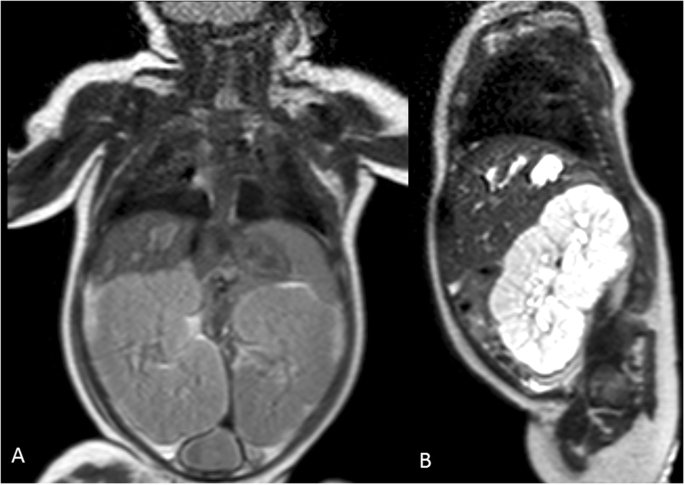





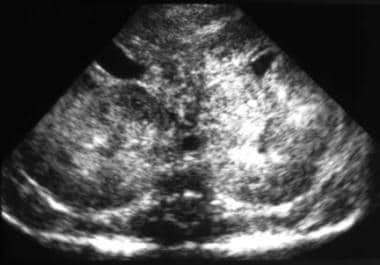



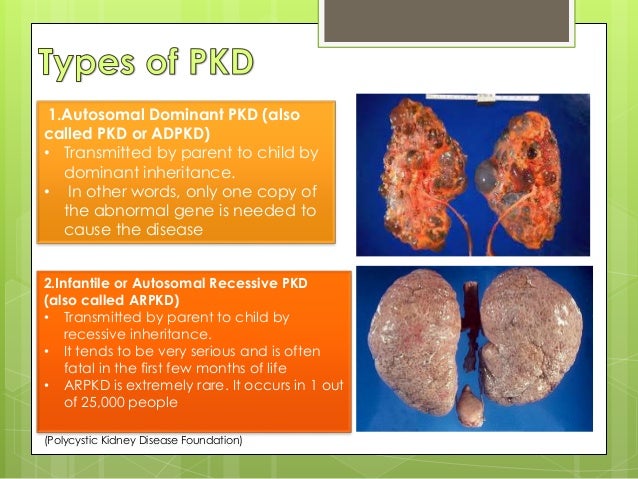
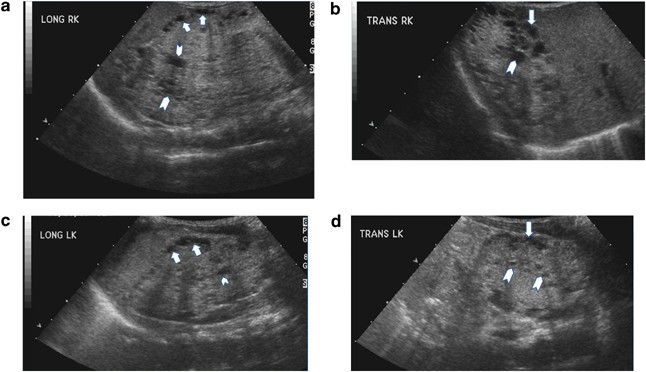
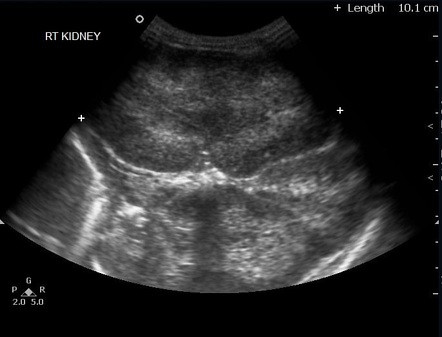
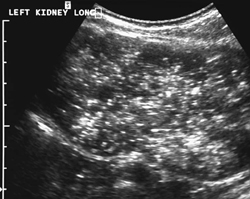
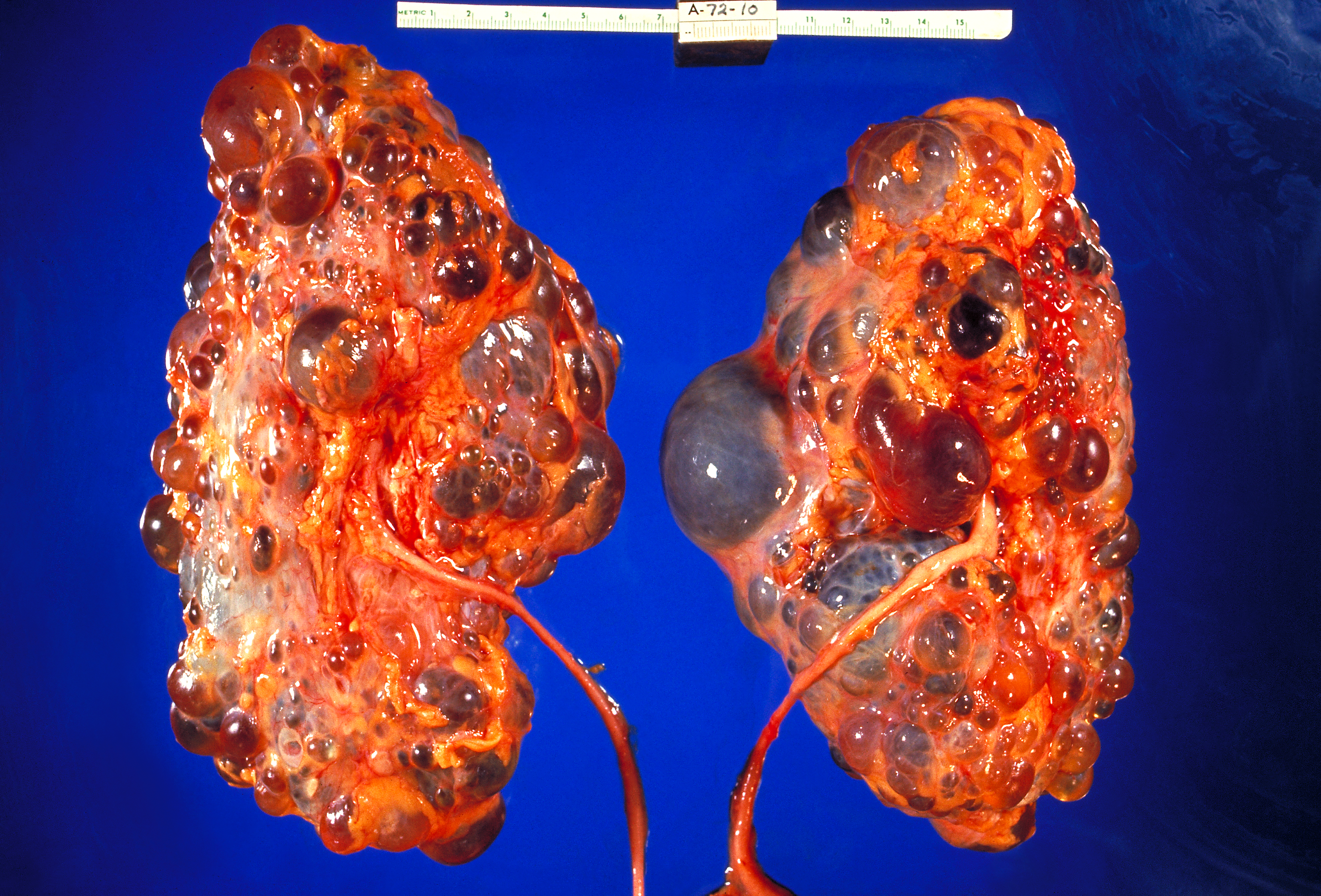


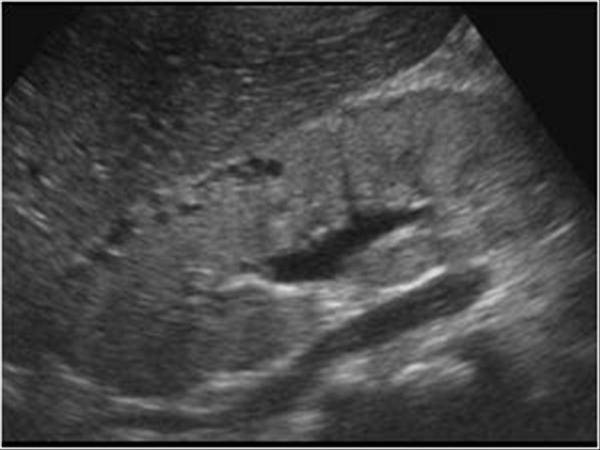

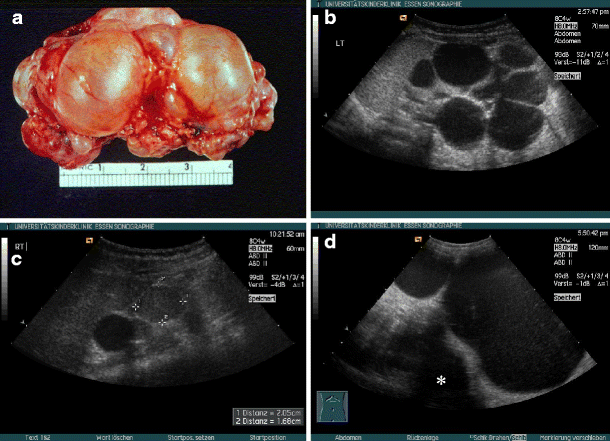



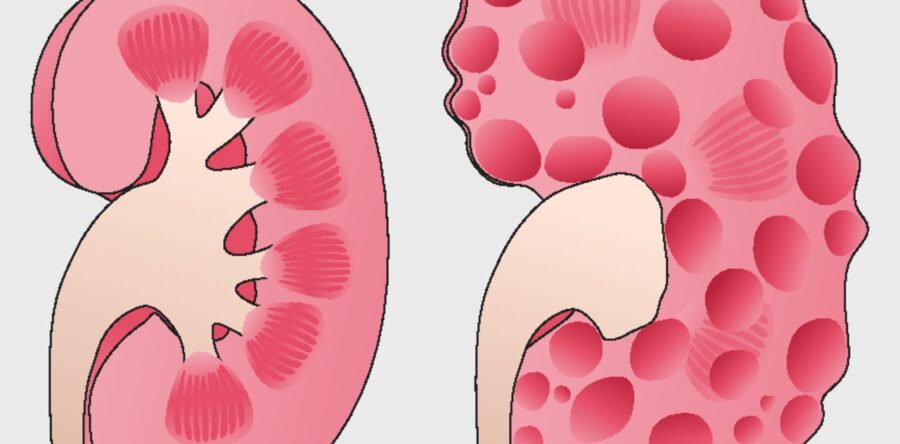











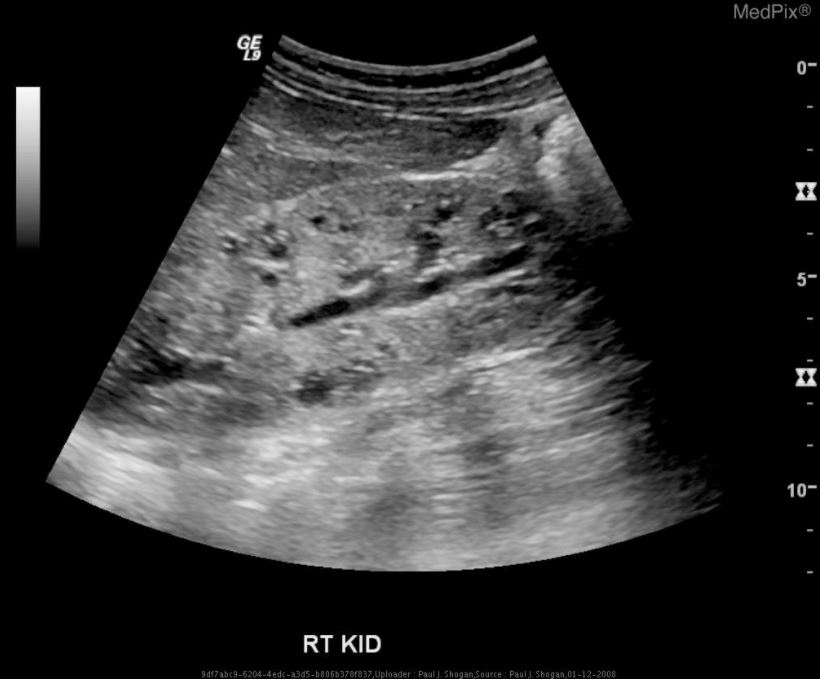
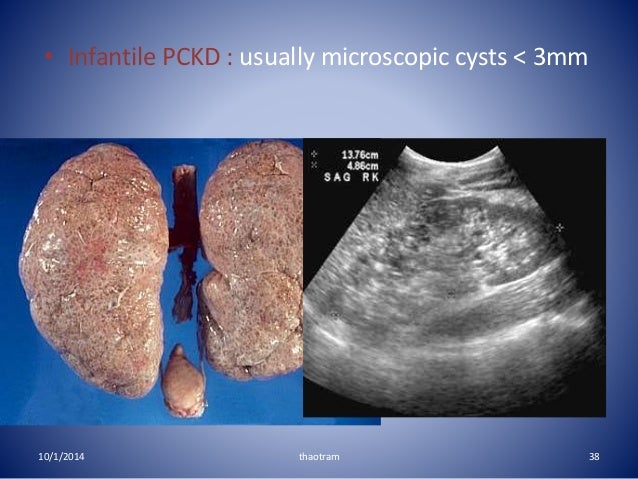

Post a Comment for "Pediatric Polycystic Kidney Disease"